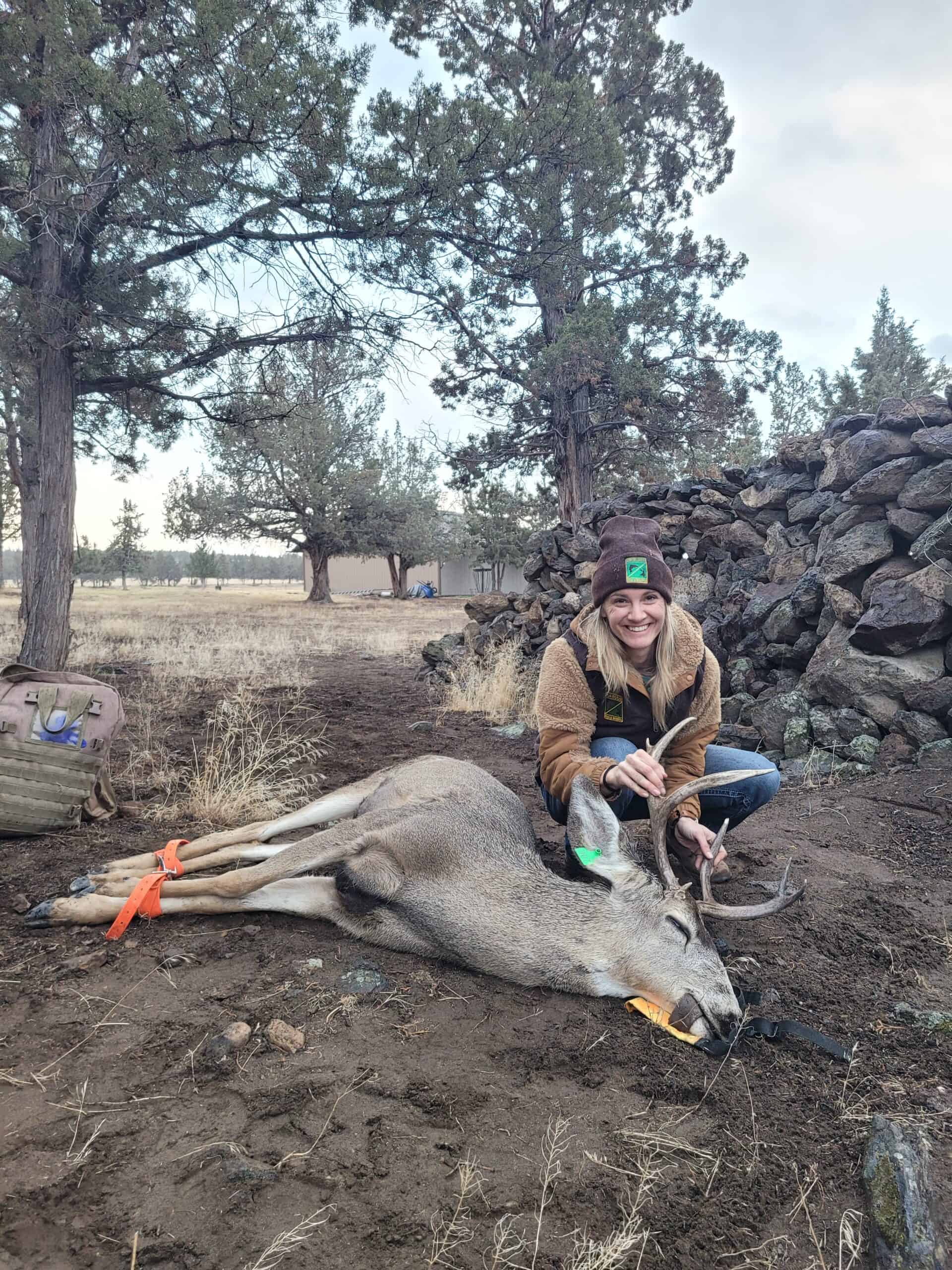Share this article
House committees hold Interior, NOAA budget hearings
Last week, Interior Secretary Ryan Zinke testified on the department’s proposed fiscal year 2019 budget before the House Appropriations Subcommittee on the Interior, Environment, and Related Agencies.
The House Natural Resources Subcommittee on Water, Power & Oceans also held a budget hearing last week for the Bureau of Reclamation, the U.S. Fish and Wildlife Service, the National Oceanic and Atmospheric Administration and energy and ocean power administrations.
In his opening remarks at the House Appropriations hearing, Zinke expressed his support for Interior’s proposed budget.
“This budget clearly lays out the administration’s top priorities, strongly supporting the American people and rebuilding our infrastructure, fixing our schools, achieving energy dominance and being fiscally responsible,” he said.
Representatives’ questions focused on a variety of topics, including oil and gas development, monument reductions, and scientific integrity within the department.
“Scientific integrity is essential to ensure that there is no bias or preconceived agenda in the information issued by the department,” said Rep. Betty McCollum (D-MN) in her opening remarks. She questioned Zinke over a supposed deletion of any mention of human-caused climate change in a National Parks Report on sea level rise and storm surges. Zinke denied the claim.
Rep. Chris Stewart (R-UT) asked for Zinke’s perspective on wild horse populations on western rangelands.
“The ground will hold about 27,000 healthy horses; We have 108,000,” Zinke responded. “45,000 are in captivity and we’re spending $81 million on the horse program.”
When horse and burro populations exceed the Bureau of Land Management’s Appropriate Management Levels, or the number of animals the rangeland can support, gathers are conducted to move excess horses and burros to holding facilities. Sheltering and feeding these off-range horses and burros costs taxpayers nearly $50 million a year.
Current management efforts do not address horse and burro population growth, Zinke said. He expressed support for the use of fertility control to slow population growth to ensure healthy herds.
“It is unsustainable to continue doing what we are doing, and quite frankly, the most inhumane thing we can do is no action,” he said.
Zinke also defended the proposed plan to reorganize the Interior’s operative structure, saying the new regions have been drawn mostly around watersheds to unify and streamline natural resource management efforts.
Appropriations Subcommittee members expressed continued concern about the proposed plan to open U.S. coastlines to oil and gas drilling. Zinke assured them that those concerns will be considered in the planning and permitting processes.
In the House Natural Resources hearing, subcommittee members mostly focused their questions on fisheries management, water reclamation and access and hydroelectricity.
Rep. Don Beyer (D-VA) questioned Rear Admiral Timothy Gallaudet, acting under secretary for oceans and atmosphere for the Commerce Department, on the North Atlantic right whale (Eubalaena glacialis), which is listed as depleted under the Marine Mammal Protection Act.
“Right whales are particularly vulnerable to marine fishing and maritime trade. Last year 17 whales were found dead along the Atlantic Coast, and so far there’s no evidence of a single new calf born this year. I’m deeply concerned that right whales will go extinct if we don’t do something,” Beyer said.
Gallaudet responded that the National Oceanic and Atmospheric Administration, which administers the Marine Mammal Protection Act jointly with the U.S. Fish and Wildlife Service, is working closely with Canada to implement the use of whale-safe fishing gear and vessel speed reductions. Gallaudet pointed to coastal Virginia, where speed reductions are implemented during the whale’s migration period.
He also assured subcommittee members that there is “no intent at NOAA to relax our obligations to protect marine mammals” as the proposed plan for U.S. offshore drilling moves forward.
Congress is developing appropriations bills for fiscal year 2019.
Header Image: Congress heard testimony last week on the proposed fiscal year 2019 budget for the Interior Department and the National Oceanic and Atmospheric Administration. @Eric B. Walker








